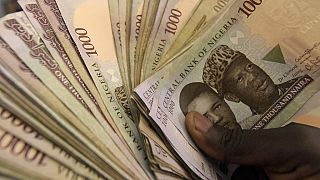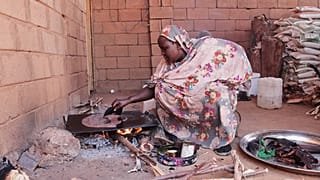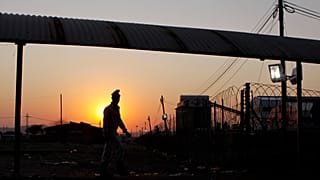Sudan
Sudan’s inflation rate has risen further to 99% in April due to rising food prices, the Sudanese Central Bureau of Statistics announced on Saturday.
This rate had already risen to 82% the previous month, over one year. But rising prices for grains, meat, milk and bread have further increased inflation.
Despite the political transition in Sudan, which raised hopes for reform following the overthrow of President Omar al-Bashir in April 2019, the country’s economy remains in the grip of a deep crisis.
Rising inflation, the scarcity of foreign currencies and the huge public debt are among the most pressing challenges in the country.
Last month, the Sudanese authorities decided to increase the price of bread: a Sudanese pound (about 2 US cents) can only buy a 50 gram loaf, compared to a 70 gram loaf previously.
The tripling of the price of bread was the trigger for the first street demonstrations against Omar al-Bashr in December 2018. The mass demonstrations had continued for months before the army deposed the president in April after a 30 year reign.











00:17
Autopsy shows dead Senegal student suffered multiple traumas
01:39
Morocco: traders struggle to sell gold as prices rise
00:07
Ramadan preparations underway at Sudan's Gedaref livestock market
01:10
Sudan rejoins East African IGAD bloc after two-year membership freeze
00:44
Hundreds of Libyans show support for slain son of Muammar Gaddafi
01:14
Egypt's inflation expected to slow in January as food prices fall